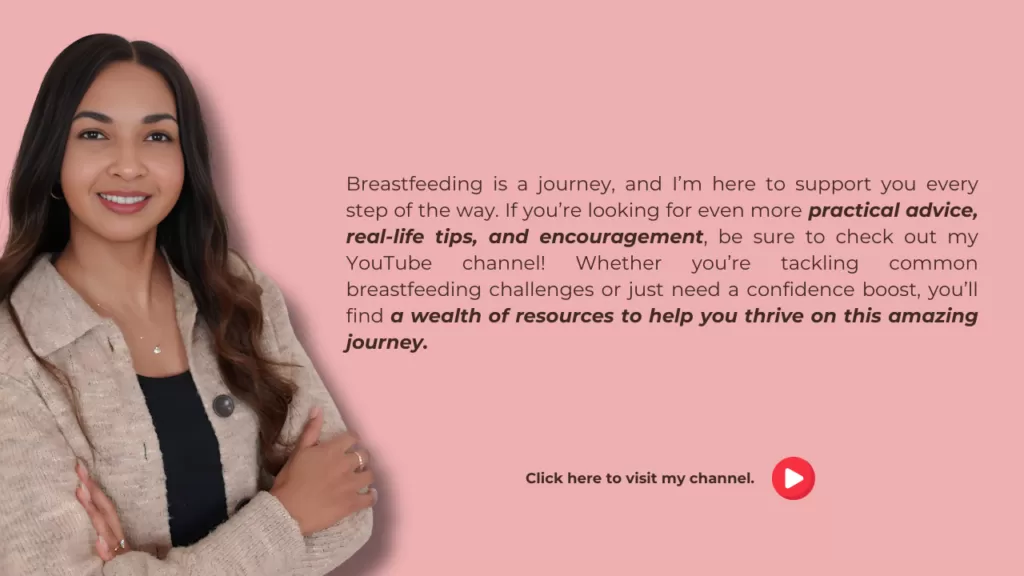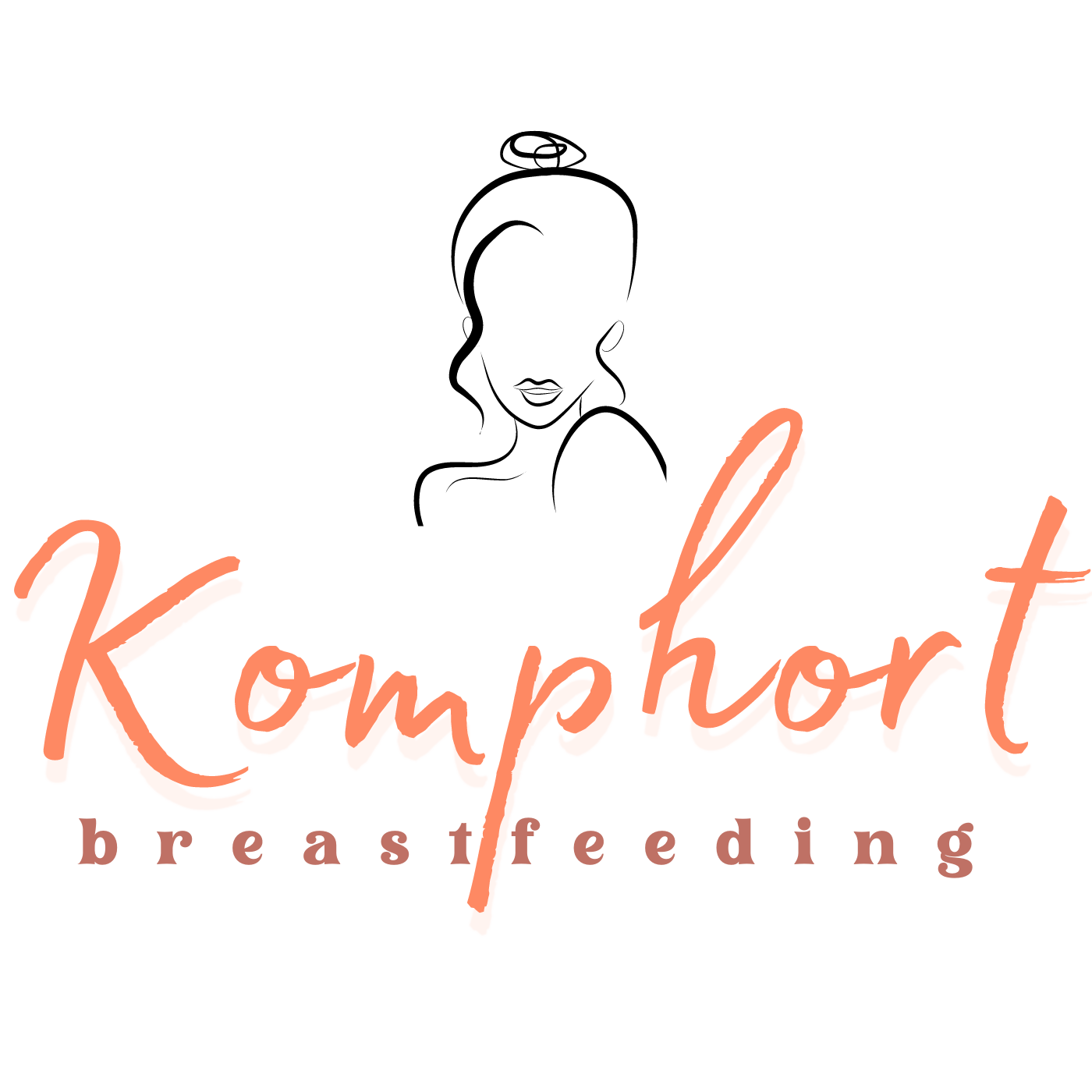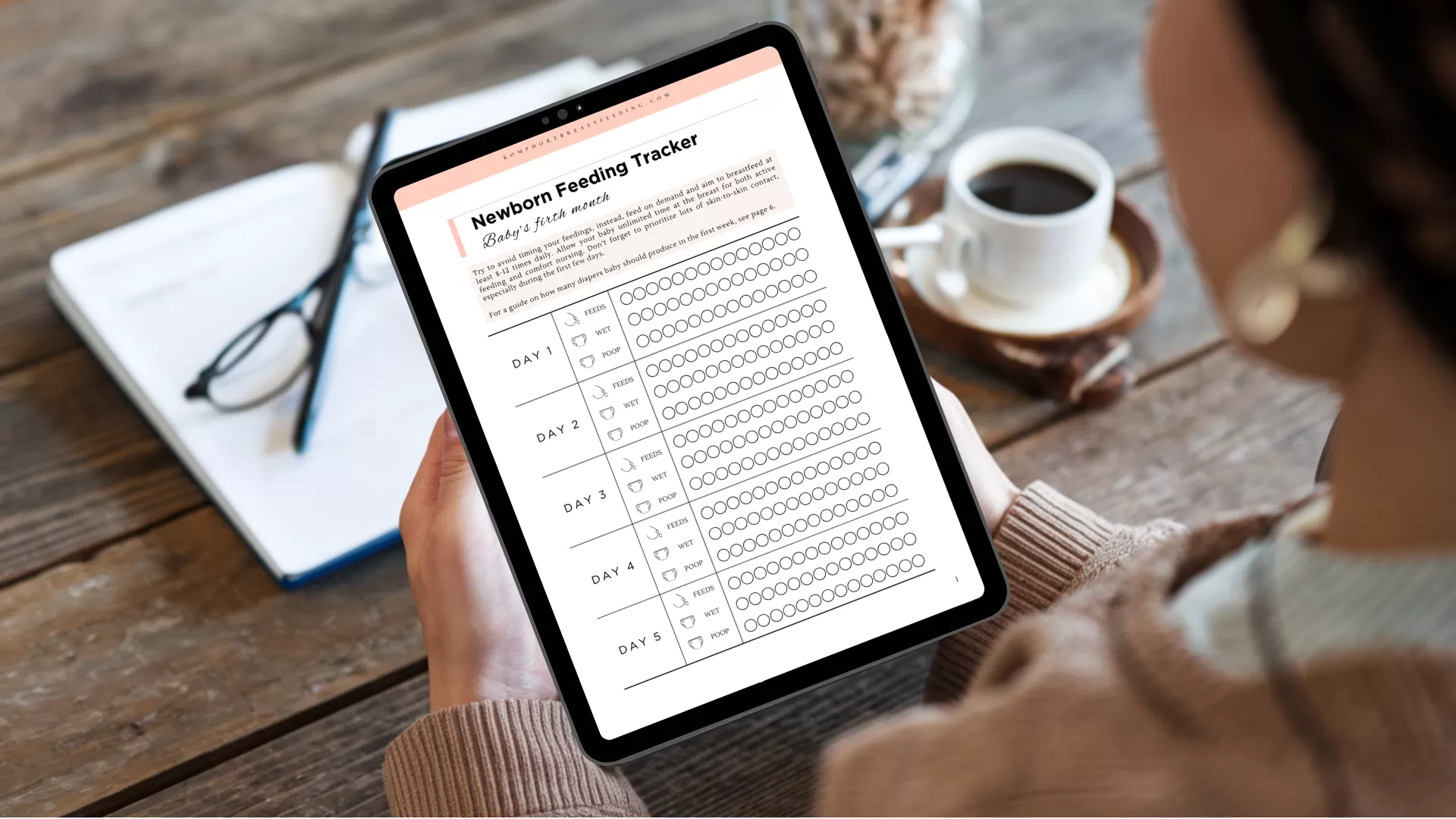Becoming a mom is like entering a new chapter filled with joy, sleepless nights, and an endless stream of questions. “When did I last feed the baby?” “How much did they drink?” “Is this normal?” Sound familiar? Let me introduce the feeding tracker—a tool that’s more about peace of mind than perfection.
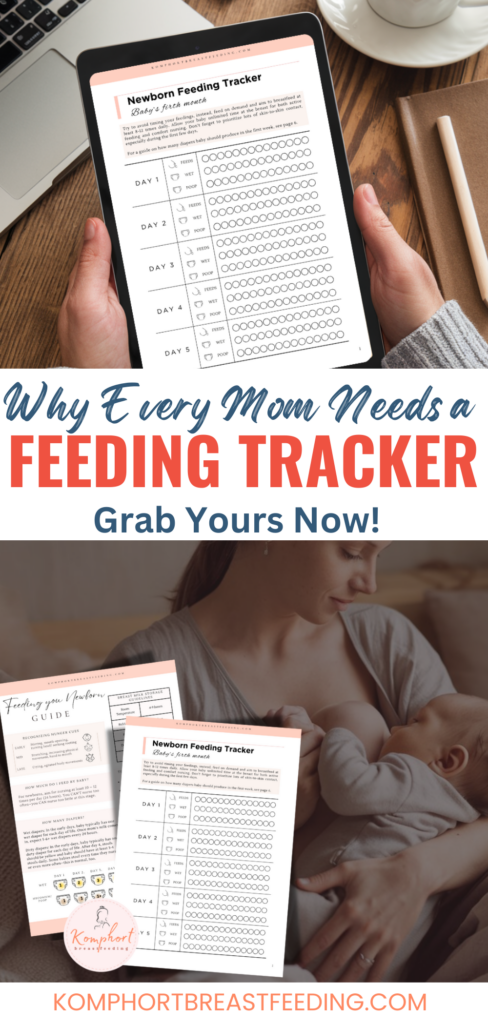
They say, “The faintest ink is better than the strongest memory.” That sentiment couldn’t ring truer for new moms juggling feedings, diaper changes, and everything in between. A feeding tracker doesn’t just help you record feedings—it simplifies the chaos, letting you focus on bonding with your little one instead of scrambling for details.
Whether you’re breastfeeding, bottle-feeding, or doing a mix of both, this handy tool is like having an extra set of hands (or at least an extra brain cell). Ready to discover why it’s a game-changer for every mom? Let’s dive into its many benefits and how it can make your parenting journey just a little bit smoother.
It Allows You to Keep Track of Feeding Times and Amounts
Babies’ feeding needs can be a whirlwind, especially in those early days. A printable feeding tracker helps you log feeding times, durations, and amounts—whether you’re breastfeeding, formula feeding, or doing a mix of both. Not only does this ensure you’re meeting your baby’s needs, but it also gives you peace of mind when that 3 a.m. brain fog hits.
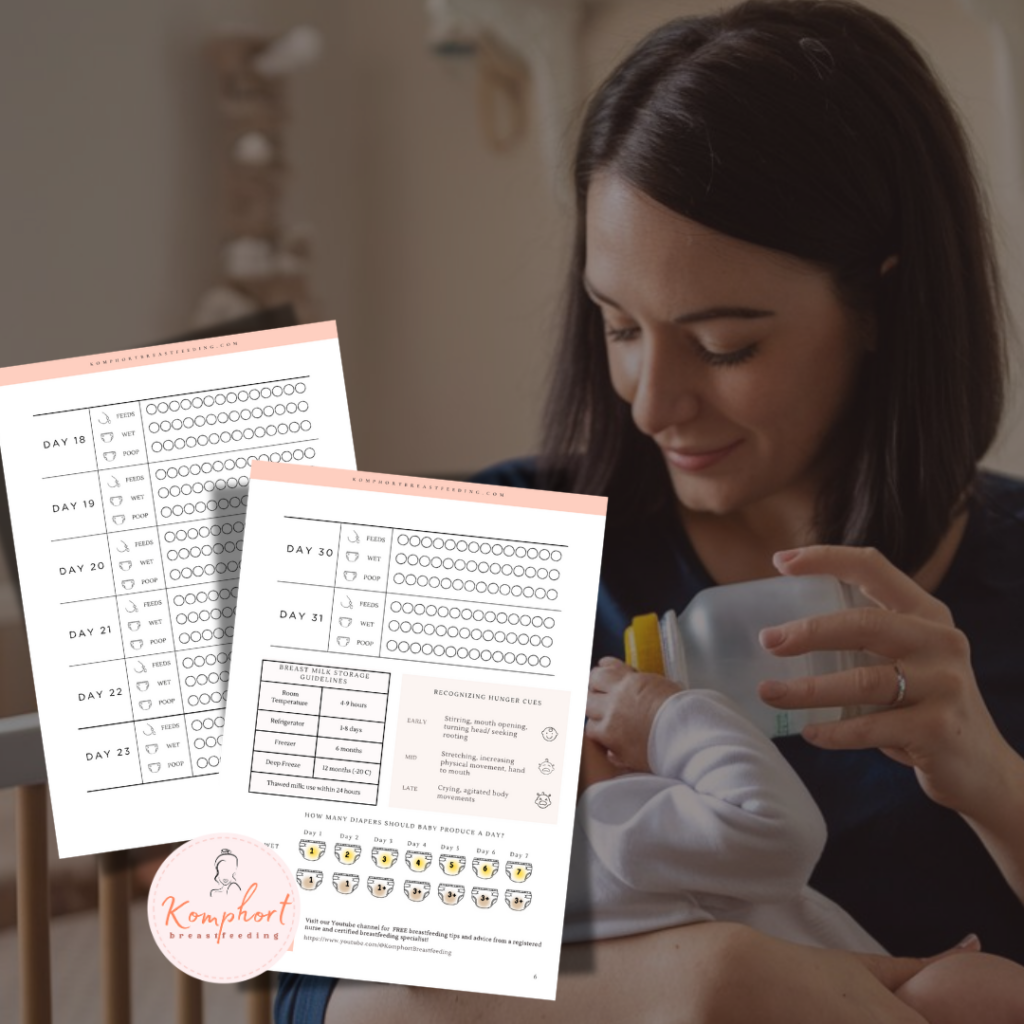
Why this matters:
- Helps you track feeding intervals to ensure consistent nutrition.
- Makes it easier to identify patterns like cluster feeding or growth spurts.
- Reduces the mental load by keeping all feeding data in one place.
For example, instead of racking your sleep-deprived brain trying to remember when your little one last ate, you can glance at the tracker and know immediately. This is especially helpful if your baby is cluster feeding or if you’re navigating a growth spurt where their appetite seems endless. You’ll be able to track patterns, making it easier to anticipate the next feeding and avoid those frantic, “Why are they crying now?” moments.
Get started with a feeding tracker designed to simplify your life right here.
Monitor Baby’s Growth and Development
Feeding isn’t just about keeping your baby full—it’s a key part of their growth and development. By tracking their feeding habits, you gain valuable insights into their nutritional intake and overall progress.

How tracking helps:
- Spot changes in feeding patterns that might signal developmental milestones.
- Monitor whether your baby is consuming enough milk or formula.
- Track consistent feeding habits that align with healthy weight gain.
Over time, the tracker helps you notice patterns and changes. Is your baby eating less than usual? Are feedings taking longer? These details can provide clues about what’s going on with your little one. Tracking can also help you meet milestones, like ensuring your baby is gaining weight appropriately or transitioning smoothly between feeding phases.
Your pediatrician will likely ask questions about how much and how often your baby is eating. With a feeding tracker, you’ll have all the data at your fingertips, ready to share.
Identify and Address Feeding Challenges in Early
Babies are experts at keeping us on our toes, but sometimes their feeding habits can signal a challenge. A feeding tracker can help you spot potential issues early on, like inconsistent feedings, difficulty latching, or signs of reflux.

Potential issues a tracker can help identify:
- Feeding sessions that are too short or too long.
- Frequent spit-ups or signs of reflux.
- Long gaps between feedings might indicate a feeding aversion.
For instance, if you notice that your baby is spitting up more frequently or struggling to stay latched during feedings, you’ll have a detailed log to discuss with your pediatrician. This can lead to quicker solutions, whether that means tweaking your feeding technique, trying a new formula, or addressing a medical concern.
Think of your feeding tracker as a roadmap—it shows you where things are going smoothly and where you might need to make adjustments. Don’t wait to snag your own tracker here.
Easily Share Feeding Data with Pediatricians and Caregivers
Let’s be real: trying to remember every feeding detail while sleep-deprived is impossible. A printable tracker takes the guesswork out of sharing crucial information with your baby’s pediatrician or caregiver.

Why sharing data is important:
- Pediatricians rely on accurate feeding logs to assess growth and nutrition.
- Caregivers can follow your baby’s routine more effectively.
- Provides peace of mind that everyone is on the same page.
Whether it’s at a checkup or a conversation with a babysitter, your feeding tracker ensures no important details get lost. Did your baby eat 3 ounces at their last feeding? Was their last feeding two hours ago or four? Instead of relying on memory, you can confidently provide accurate information.
This transparency is especially helpful if your baby needs special feeding care, like supplementing with formula or navigating allergies. The tracker keeps everyone—you, your pediatrician, and your support team—on the same page.
Keep Track of Sleep, Diaper Changes, and More in One Place
Babies don’t come with instruction manuals, but a feeding tracker is the next best thing. Many trackers aren’t limited to just feeding; they let you log other essential baby care tasks, like sleep and diaper changes.

What you can track alongside feeding:
- Sleep schedules to identify patterns and plan naps.
- Diaper changes to monitor hydration and digestion.
- Milestones like introducing solids or transitioning from bottle to cup.
Why is this a game-changer? Because baby care is all connected. Tracking feedings alongside diaper changes can help you monitor hydration levels and digestion. Adding sleep data helps you identify your baby’s natural rhythms and create routines that work for both of you.
This comprehensive approach makes a feeding tracker an all-in-one tool for understanding your baby’s needs. And trust us—when you’re running on caffeine and cuddles, having everything in one place is a lifesaver.
Extra benefits:
- Plan your day around your baby’s natural rhythm.
- Spot changes in hydration or digestion through diaper patterns.
- Keep all caregiving data organized for easy reference.
Ready to make life easier? Download your all-in-one feeding tracker here.
A Handy Tool for New Parents: Simplifying Feeding Schedules
Let’s be honest: new parenthood is overwhelming. Between the sleepless nights and endless diaper changes, remembering feeding times can feel like an impossible task. That’s where a feeding tracker shines.

Benefits for new parents:
- Reduces stress by organizing feeding data in one place.
- Helps create a predictable feeding routine for your baby.
- Allows multiple caregivers to stay informed and aligned.
Having a printable tracker takes the pressure off your memory. It simplifies your routine and lets you focus on what really matters: bonding with your baby. Whether you’re figuring out a feeding schedule or juggling multiple caregivers, a tracker helps you stay organized and confident.
Even better? It’s not just for the newborn stage. As your baby grows and their feeding habits evolve, you can continue using the tracker to adapt to their changing needs. It’s a tool you’ll come back to time and time again.
Tips for using your tracker effectively:
- Keep it accessible—place it near your nursing chair or in your diaper bag.
- Update it after every feeding to maintain accuracy.
- Review the data weekly to spot trends or patterns.
Take the guesswork out of feeding with a tracker designed for real parents like you. Download it today here.
Conclusion
A feeding tracker isn’t just a piece of paper—it’s your parenting co-pilot. From ensuring your baby gets enough nutrition to spotting potential challenges early, this tool is a must-have for any new mom. It’s about making life easier, one feeding at a time.

Recap of why you need a feeding tracker:
- Keeps you organized with feeding times and amounts.
- Provides insights into your baby’s growth and nutritional needs.
- Helps identify and address challenges sooner.
- Simplifies communication with caregivers and pediatricians.
- Combines feeding, sleep, and diaper tracking in one place.
So why wait? Take control of your baby’s feeding journey and simplify your life with a feeding tracker today. Grab yours now here.
Searching for More Tips for New Moms?
